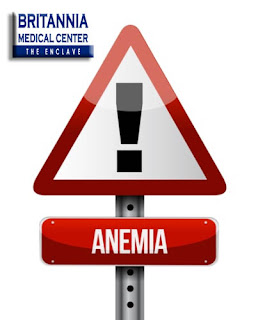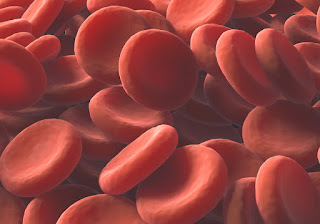If you think the only risk you run delaying a root canal is prolonged pain, you’d be wrong. While you will certainly suffer tooth pain on and off with a damaged or infected tooth, there are other risks associated with delaying a root canal treatment. Your mouth is also the gateway to the body, and severe infection can spread, causing other problems. Here’s why you should think twice about delaying a root canal:
Tooth Death
An infected tooth can only remain infected for so long before decay takes over and the tooth dies. The pain will persist and get worse as the infection spreads deeper into the fleshy part of the tooth beneath the hard enamel, also known as the pulp.
Abscessed Tooth
An infected tooth left untreated can grow to be a much bigger issue and cause massive tooth decay. A root canal takes care of this problem. If the tooth goes too long without the pulp being cleaned you can get what is called an abscessed tooth. Symptoms include:
- Fever
- Bitter taste in the mouth
- Swollen neck glands
- Redness and swelling of gums
- Draining sore on the side of the gum
- Uneasy or ill feeling
It Won’t Heal on its Own
Since the infection occurs inside the tooth, it’s almost impossible to remove infected pulp and tissue without having a root canal procedure. If the pain begins to subside significantly, or completely goes away, that’s a bad sign — it means the tooth has died. It’s much easier (and less expensive) to save the natural tooth.
You Can Save the Tooth
The point of a root canal is to save the natural tooth. Root canal treatment have a 95 percent success rate. Advantages of having a natural tooth, opposed to an implant, are:
- Getting an implant is more expensive than the alternatives
- Maintain natural appearance
- Efficient chewing
- Protects other teeth from wear or strain
- Normal biting force, allowing you to eat all the same foods
- Eliminates the need for more dental work
Death
In extreme cases, infections from an abscessed tooth can spread to the brain and other parts of the body, and can result in death. It’s best to not put treatment off for any reason.
There’s no excuse not to take care of an infected tooth with a root canal treatment. Our knowledgeable and friendly staff at Britannia Medical Center - The Enclave will give you all the information you need to feel safe and relaxed going into a treatment.
For more information make an appointment by calling 0925-567-5329 • 0908-865-5662 • 0917-566-1932 • 458-0717 and schedule a consultation today.
Visit us at BRITANNIA MEDICAL CENTER - The Enclave










